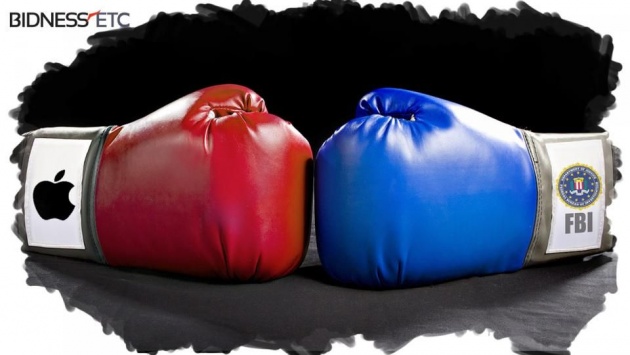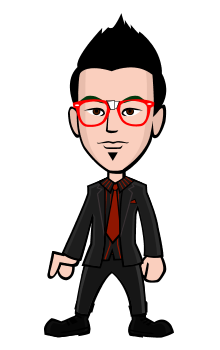The legal tussle between Apple and the U.S. Federal Bureau of Investigation (FBI) over access to the iPhone used by a shooter in last year's San Bernardino attacks is now over after authorities announced they had accessed the device.
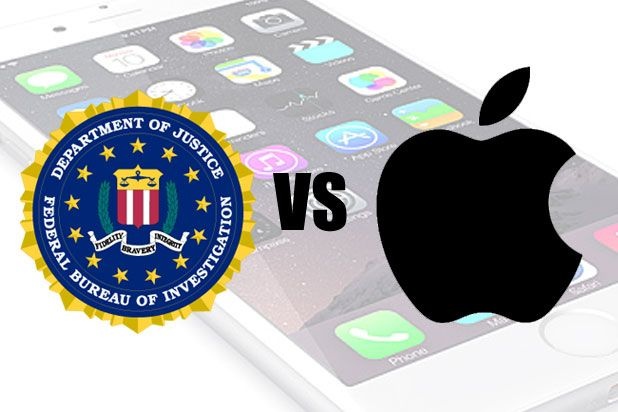
Last month, a federal judge asked Apple to help the FBI unlock an iPhone belonging to Syed Farook, who was responsible for the shootings in San Bernardino in December which left 14 people dead.
The judge asked Apple to provide "reasonable technical assistance" to the U.S. authorities, which would require the technology giant to overhaul the system that disables the phone after 10 unsuccessful password attempts. Once this feature kicks in, all the data on the phone is inaccessible. Apple declined to help the FBI.
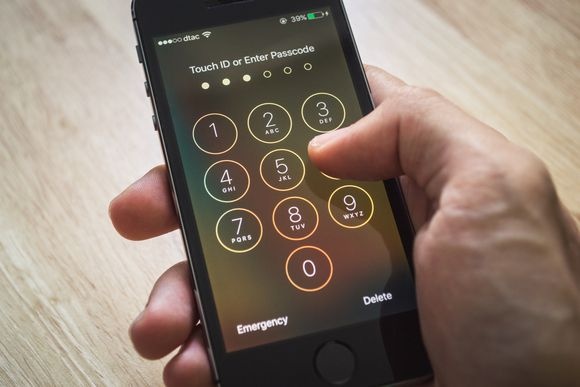
At the time, Apple chief executive Tim Cook called the order "chilling"and said that it would require writing new software that would be "a master key, capable of opening hundreds of millions of locks". Cook's argument was that if the FBI could access this iPhone, nothing would stop them from doing it to many others.
Law enforcement authorities insisted that it was a one-off request. As a result the case went to court.
The case marked one of the highest-profile clashes in the debate over encryption and data privacy between the government and a technology company.
Law enforcement authorities say that encryption used by the likes of Apple makes it harder for them to solve cases and stop terrorist attacks.
Technology firms have kicked back, saying that encryption is key to protecting user data from hackers.
Data privacy has been a sensitive topic particularly after revelations by former National Security Agency contractor Edward Snowden about the extent of the government's surveillance activities.
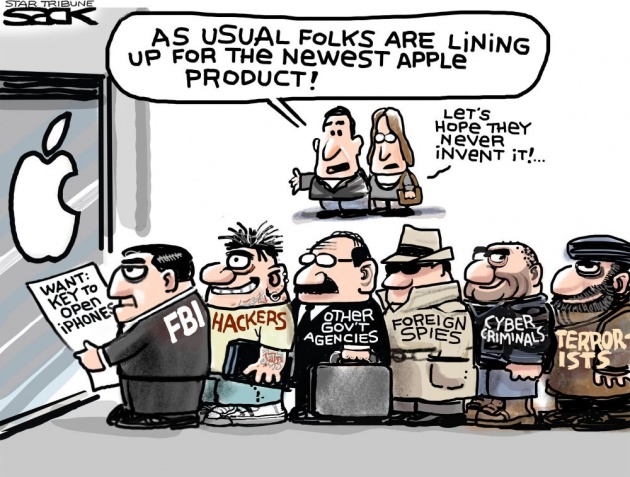
The legal tussle between Apple and the U.S. Federal Bureau of Investigation (FBI) over access to the iPhone used by a shooter in last year's San Bernardino attacks is now over after authorities announced they had accessed the device.
But the larger debate between technology firms and law enforcement authorities over data privacy and access remains. CNBC explains the case and why it was such a big deal.
What was the battle over?
Last month, a federal judge asked Apple to help the FBI unlock an iPhone belonging to Syed Farook, who was responsible for the shootings in San Bernardino in December which left 14 people dead.
The judge asked Apple to provide "reasonable technical assistance" to the U.S. authorities, which would require the technology giant to overhaul the system that disables the phone after 10 unsuccessful password attempts. Once this feature kicks in, all the data on the phone is inaccessible. Apple declined to help the FBI.
At the time, Apple chief executive Tim Cook called the order "chilling"and said that it would require writing new software that would be "a master key, capable of opening hundreds of millions of locks". Cook's argument was that if the FBI could access this iPhone, nothing would stop them from doing it to many others.
Law enforcement authorities insisted that it was a one-off request. As a result the case went to court.
Why was it controversial?
The case marked one of the highest-profile clashes in the debate over encryption and data privacy between the government and a technology company.
Law enforcement authorities say that encryption used by the likes of Apple makes it harder for them to solve cases and stop terrorist attacks.
Gov't has unlocked attacker's phone - Filing Monday, 28 Mar 2016 | 5:50 PM ET
Technology firms have kicked back, saying that encryption is key to protecting user data from hackers.
Data privacy has been a sensitive topic particularly after revelations by former National Security Agency contractor Edward Snowden about the extent of the government's surveillance activities.
What was the outcome?
A hearing set for last week was postponed after the government said that it had found a third-party that was able to unlock the iPhone. Reports suggested that it was Israeli firm Cellebrite. This was never confirmed by the company.
On Monday, the Department of Justice said it had managed to access the data on the iPhone in question and asked the judge to drop the case. The FBI said in a statement that it could not comment on the "technical aspects" of how the iPhone was unlocked nor the third-party that was involved.
Apple said that it "will continue to help law enforcement with their investigations, as we have done all along, and we will continue to increase the security of our products as the threats and attacks on our data".
Apple will want to know how the FBI got into the iPhone in order for it to patch up any vulnerabilities in its software. The iPhone maker is likely to continue bolstering security in its software and devices.
